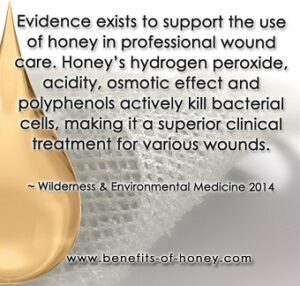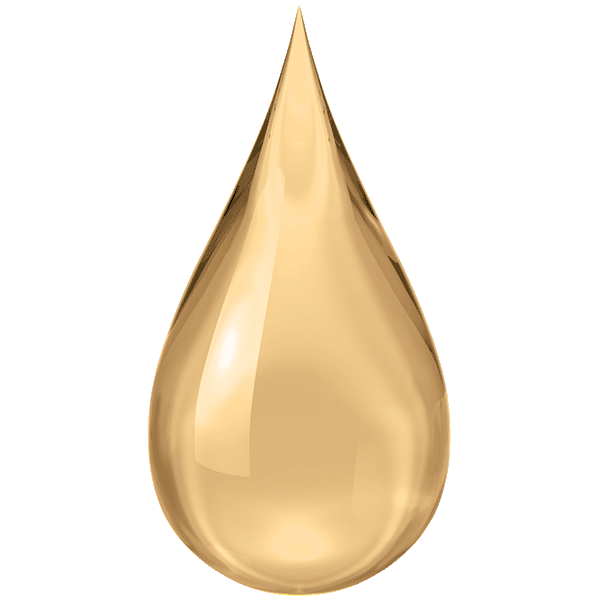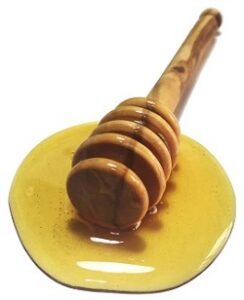could honey replace traditional antibiotics
Could Honey Replace Traditional Antibiotics? Good News!
10 April 2019, News from Healthcare Technologies Institute, University of Birmingham
What is Antibiotic Resistance
Antibiotic resistance occurs when the bacteria mutate and develop the ability to defeat the drugs and chemicals designed to cure infections, causing treatments to lose their effectiveness. Biocides commonly used as disinfectants and preservatives were found to be a key factor in increasing antibiotic resistance of pathogenic bacteria.

Since the 1980s, no new classes of antibiotics have been invented. With no new discoveries of traditional antibiotics, we are eventually going to face a time when even minor injuries and routine operations, such as hip replacements and pacemakers, can become too dangerous due to the high risk of infection.
According to a 2014 study by economist Jim O’Neill, in Europe and the United States, drug resistant infections cause at least 50,000 deaths each year, and globally, at least 700,000 die each year of drug resistance in illnesses such as bacterial infections, malaria, HIV/AIDS or tuberculosis. By 2050, if no action is taken, deaths would rise more than 10-fold and kill an extra 10 million people a year worldwide.
“We have reached a critical point and must act now on a global scale to slow down antimicrobial resistance”
~ Professor Dame Sally Davies, UK Chief Medical Officer
Sweet Solution from Nature
Researchers at the University of Birmingham are studying how an age-old natural sweetener, honey, can be developed to combat antibiotic resistance.

Honey possesses reactive oxygen species which are natural antibiotics that destroy bacteria and are naturally produced by the body to fight infection. Ancient Egyptians used it for its natural anti-microbial properties to treat skin diseases and protect wounds from infection, and even to embalm their dead.
The UK research team is working on how to effectively deliver honey to different parts of the body and how to use it on wounds using a spray, cream and powder in surgeries, homes, and war zones, where it could be used to treat soldiers wounded in combat at the scene, saving time and preventing infection until they are transported to hospital. Currently the liquid is found to be too sticky for accurate application and dosage. However, so far, their research has shown promising evidence that bacteria do not develop a resistance to honey and that honey is proven to be an effective killer of superbugs such as Methicillin-resistant Staphylococcus aureus (MRSA).
News Source: Honey, the magic antibiotic.
Other Related Pages

1. How could honey treat cuts, burns, insect bites, eczema and psoriasis, and fungal infections? All in: The Tastiest 100% Natural Antibiotic – Honey
2. How honey fights infections and heals? Find out in: How Honey Fights Infection.
3. What makes honey a superfood and a popular medicine. Read: 3 Key Valuable Honey Properties
4. Did you know that Manuka honey was once classified as a low grade honey and fed to the cattle? Find out more in: Manuka Honey as Medicine.
5. What is the real deal about UMF Manuka honey? My thoughts and take on the subject in UMF Manuka Honey And Its Big Price Tag.
6. Can honey fight cancer? Scientific evidence that honey is a natural cancer vaccine is growing: Can Honey Fight Cancer?
7. According to the book Honey Revolution by Dr Ron Fessenden, scientists have found floral flavonoids in honey. These tiny traces of bioflavonoids, generally known as antioxidants, have powerful influences when entered into the body’s cells. More in: Honey is Anti-Cancer!
8. Honey is found to be even better in treating burn wounds than silver, the dominant antibacterial dressing. Not only does it have more antibacterial qualities and heal burn wounds faster than silver (measured in the number of days needed for wounds to heal), it also does not have the toxic effect of silver on the skin. More in: No. 1 Home Burn Treatment.